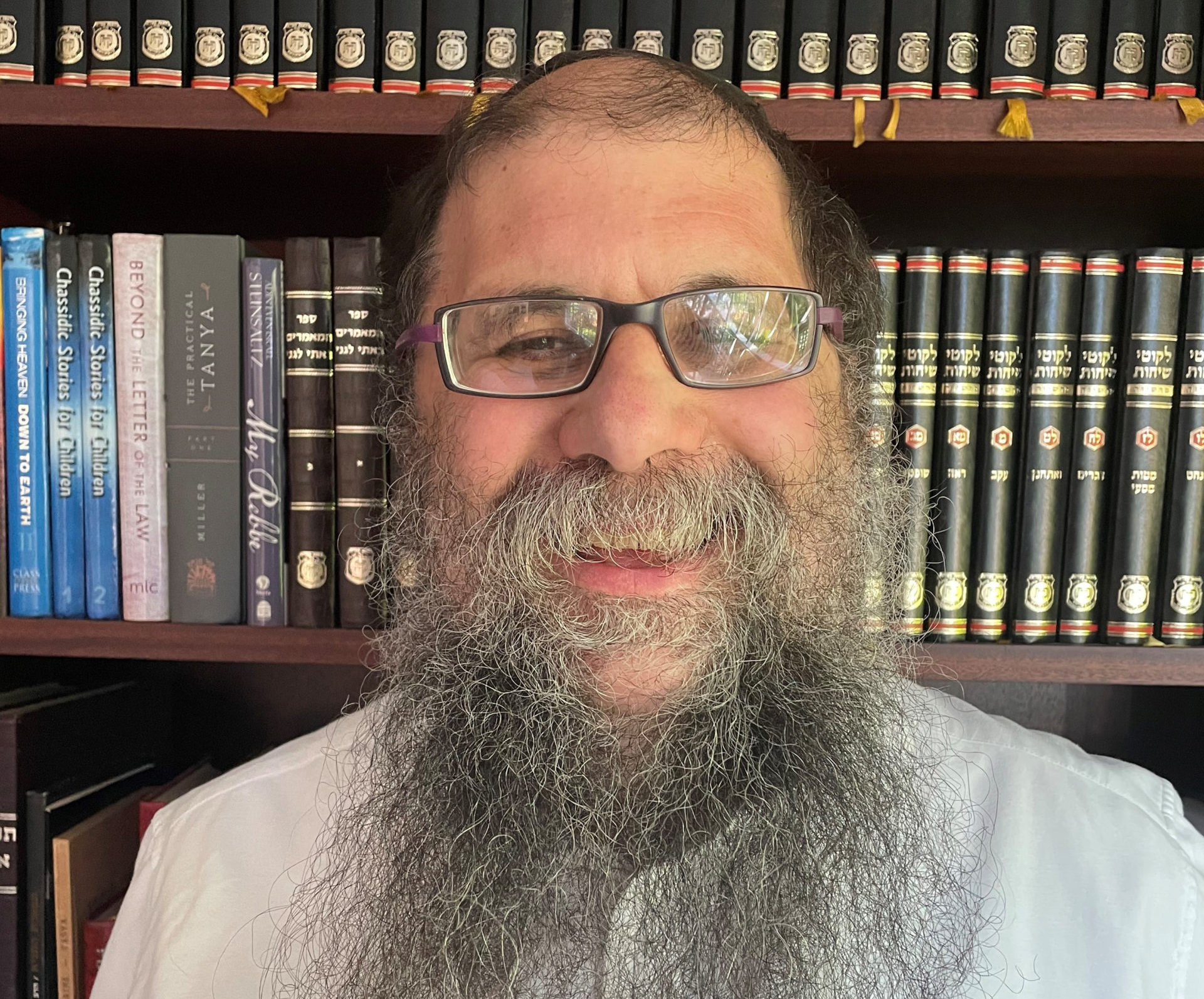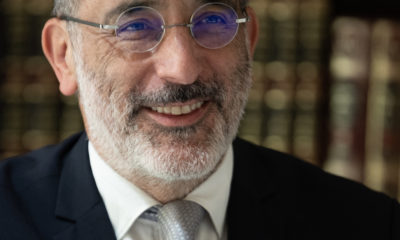
Religion

This year, give G-d the benefit of the doubt
I’m going to struggle to pray these high holy days. I stood in shul a year ago, pleading with G-d for a year of blessings and peace. That’s not quite how it turned out, it seems. I’m not saying He said no. Perhaps His answer was, “not yet”, or “I will give you blessings, but not the way you understand blessings”. Whichever, I don’t handle rejection very well.
I’m going to try to let Avraham Avinu – our forefather, Abraham – be my role model in this. When Abraham found out that G-d intended to destroy Sodom and surrounds, he immediately began to plead with Him to save those cities. He literally bargained, grovelled, and begged G-d to spare the inhabitants. It was to no avail, as G-d confirmed His intention to proceed with the destruction. Genesis 19 records that the following morning, an undeterred Abraham returned to the very spot where he had prayed the previous day. There, he engaged in his daily worship even as he watched Sodom and Gomorrah going up in flames.
I will also focus on the many blessings that did occur during 5784. Sadly, they were eclipsed by the enormity of the evils that took place. But stories of miraculous salvation abound, starting even on 7 October: the many who managed to escape the savagery; the spectacular rescue of hostages; repeated missile attacks thwarted. Clearly G-d didn’t abandon our people. There’s method in what we perceive as chaos.
I will need to remember that prayer isn’t a divine vending machine – put your coins in, press the right button, and the requested item pops out of the slot at the bottom. We pray to connect with Him, to acknowledge and internalise that all our needs, be they health, sustenance, or naches, are provided by the One above.
I will inspire myself with one of my favourite Chassidic stories. This is the one about a Chassid who asked his rebbe if he could observe his Kapparot service. The master directed the disciple to the home of a simple villager, assuring him that this man’s observance of this ritual would be far more remarkable. The Chassid observed that this man was preparing to perform Kapparot, not with a live chicken, as many do, nor with money given to tzedakah, but rather with a set of two notebooks.
He opened the first, a record of his misdeeds in the past year, some more grievous that others. There was the time he had rushed his evening prayers; the instance when he had spoken unkindly to his fellow; the day he felt he had not been totally honest in one of his business dealings. The list went on and as he read it, tears flowed down his face. He then closed the first notebook and asked his wife to pass him the second, where he had recorded the instances when he felt G-d had let him down in the course of the year – a veritable litany of tzorres. There was the day the cow died; the time when a thief broke in and stole some goats; the frost that killed the potato crop; and the storm that damaged his roof.
He closed this notebook as well, held them both aloft and called out, “G-d, You forgive me, and I will forgive You. Let’s call it even.” With that, he swung the books over his head, reciting the traditional formula, “May this atone for me,” and then proceeded to hurl the two books into the fireplace.
I hope that on this day of reckoning, G-d will look at me kindly, giving me the benefit of the doubt and judging me favourably. This is why I always make an effort over this period to look at others benevolently, hoping that this is the way I will be judged myself. Perhaps even more effective will be to give G-d the benefit of the doubt for His actions, accepting that even if I cannot understand what He did to this world over the past 12 months, there is a reason in His eyes.
This year, I will be more specific in my requests. A year ago, I prayed for a Shana tova. Of course it was a good year, not from our perspective, but from G-d’s. He is the source of all goodness, and as the Tanya teaches, nothing inherently bad ever descends from above. It just may appear that way with our human eyes. For 5785, I’m going to beg, not just for a good year, but also for a sweet year, one that is not only divinely good, but one perceived by us down here as revealed good.
Shana tova umetuka.
- Rabbi Yossi Chaikin is the rabbi of the Oxford Synagogue and chairperson of the SA Rabbinical Association.










